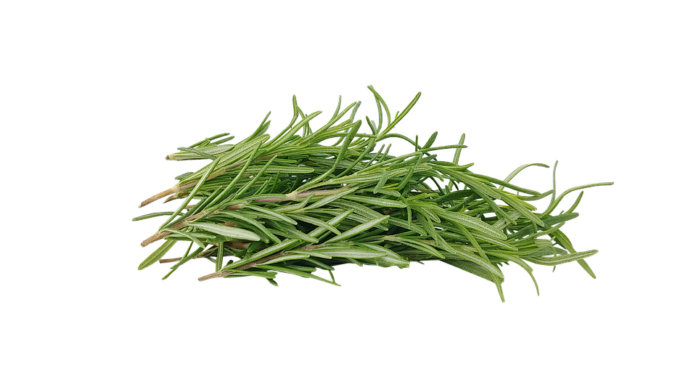Introduction
Climate change is a pressing issue that is impacting various industries, including agriculture. Rosemary farming, in particular, is facing challenges due to changing weather patterns and extreme climate events. In this report, we will explore the challenges faced by rosemary farmers in the context of climate change and examine the adaptation strategies being implemented to mitigate these challenges.
Challenges Faced by Rosemary Farmers
1. Temperature Extremes
One of the primary challenges faced by rosemary farmers is the increasing frequency of temperature extremes caused by climate change. Rosemary is a delicate herb that thrives in moderate temperatures and is susceptible to damage from both extreme heat and cold. With rising global temperatures, heatwaves are becoming more frequent, posing a significant threat to rosemary crops.
2. Drought Conditions
Another challenge for rosemary farmers is the increasing prevalence of drought conditions. Rosemary requires well-drained soil and regular watering to thrive, but droughts can lead to water shortages and soil moisture stress, impacting the growth and quality of rosemary crops. Drought conditions can also increase the risk of pest infestations and diseases, further affecting the productivity of rosemary farms.
3. Pests and Diseases
Climate change is also contributing to the proliferation of pests and diseases that can damage rosemary crops. Warmer temperatures and changing precipitation patterns create favorable conditions for pests such as spider mites, aphids, and whiteflies, which can devastate rosemary plants if left unchecked. Additionally, increased humidity levels can promote the development of fungal diseases like powdery mildew and root rot, further threatening the health of rosemary crops.
Adaptation Strategies for Rosemary Farming
1. Sustainable Water Management
One of the key adaptation strategies for rosemary farming in the face of climate change is sustainable water management. Farmers are implementing water-saving techniques such as drip irrigation, mulching, and rainwater harvesting to conserve water and ensure adequate moisture levels for rosemary crops. By using water more efficiently, farmers can reduce the impact of drought conditions and maintain the health and productivity of their rosemary farms.
2. Crop Diversification
To mitigate the risks associated with temperature extremes and pest infestations, many rosemary farmers are adopting crop diversification strategies. By growing a variety of crops alongside rosemary, farmers can spread their risk and protect against losses due to adverse weather or pest outbreaks. Crop diversification also helps improve soil health and biodiversity, making farms more resilient to the impacts of climate change.
3. Integrated Pest Management
Integrated pest management (IPM) is another effective adaptation strategy for rosemary farming. IPM involves using a combination of cultural, biological, and chemical control methods to manage pest populations and minimize the use of synthetic pesticides. By implementing IPM practices, farmers can reduce the risk of pesticide resistance, protect beneficial insects, and maintain the ecological balance of their farms while effectively controlling pests that threaten rosemary crops.
Conclusion
In conclusion, climate change poses significant challenges to rosemary farming, but farmers are implementing adaptation strategies to mitigate these challenges and ensure the sustainability of their operations. By adopting sustainable water management practices, diversifying crops, and implementing integrated pest management techniques, rosemary farmers can build resilience against the impacts of climate change and continue to produce high-quality rosemary crops in a changing climate. It is essential for the agricultural industry to continue to innovate and adapt to the challenges of climate change to secure the future of rosemary farming and other agricultural sectors.




